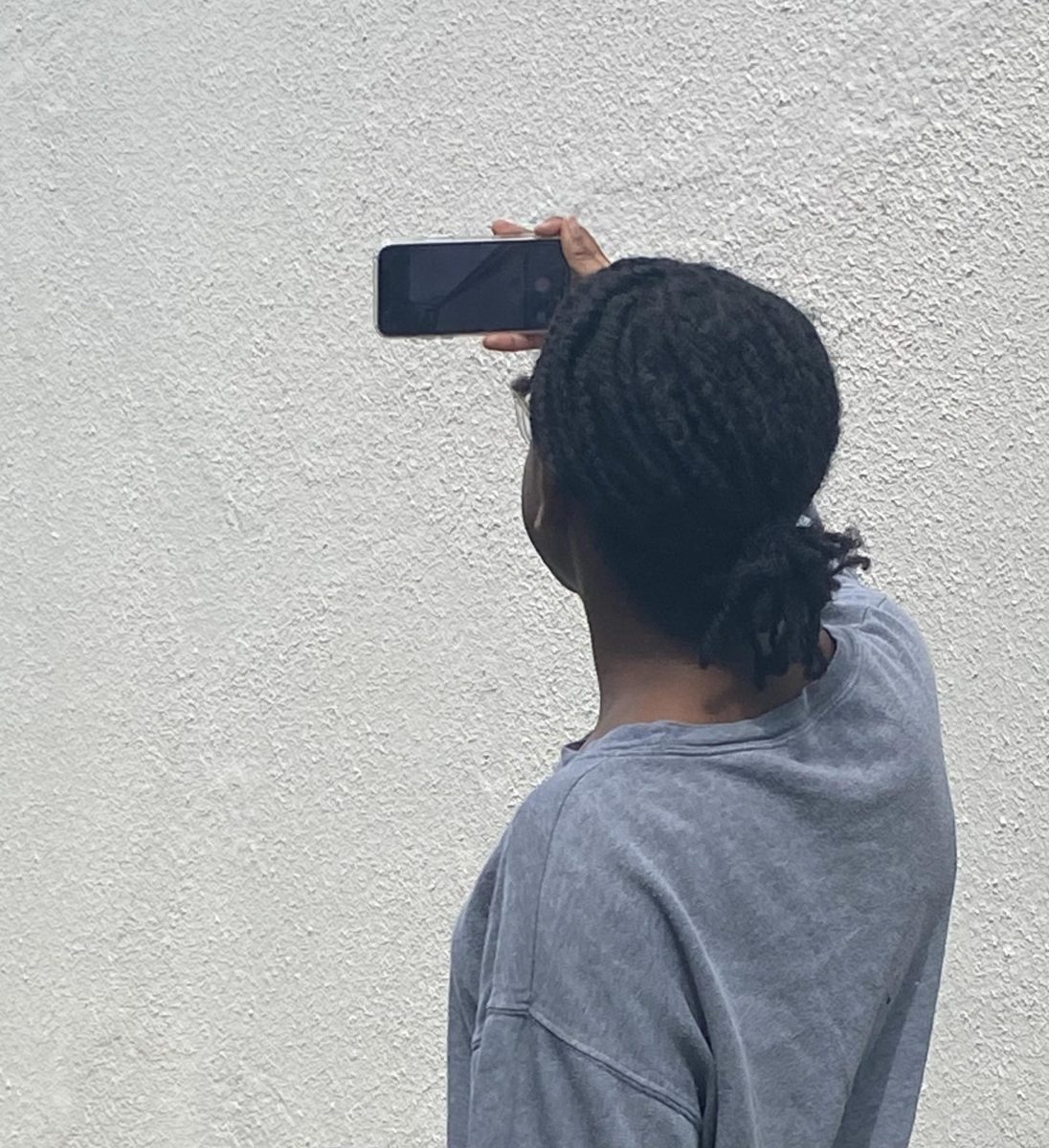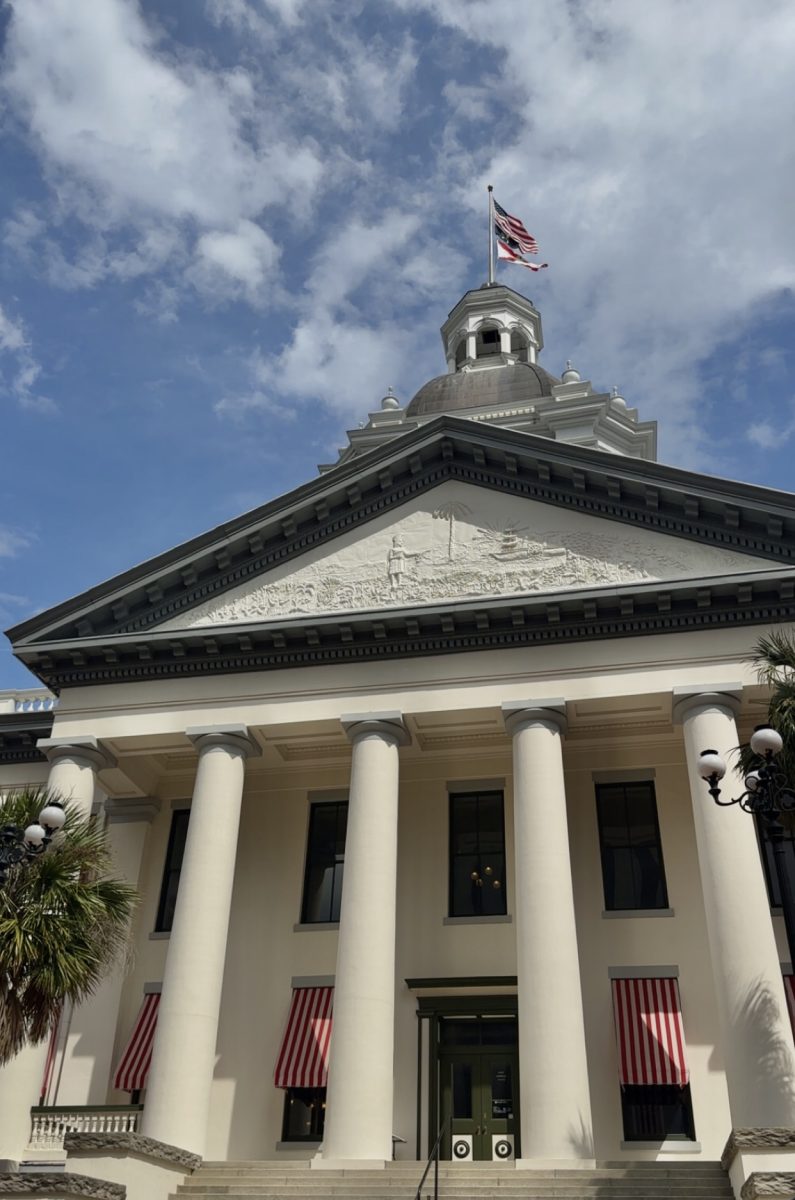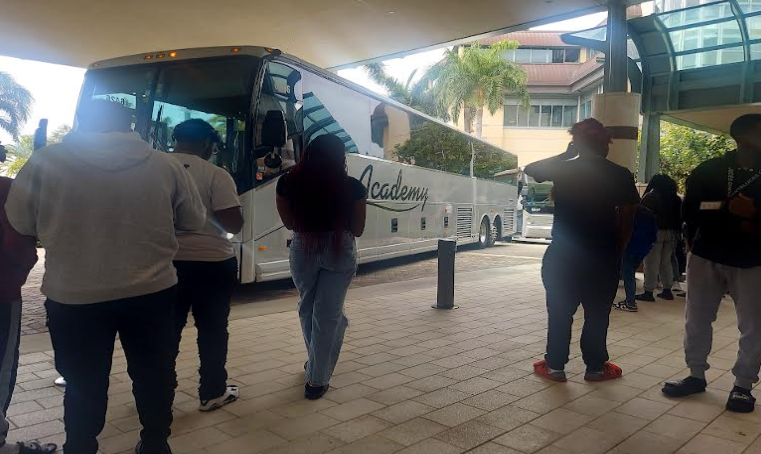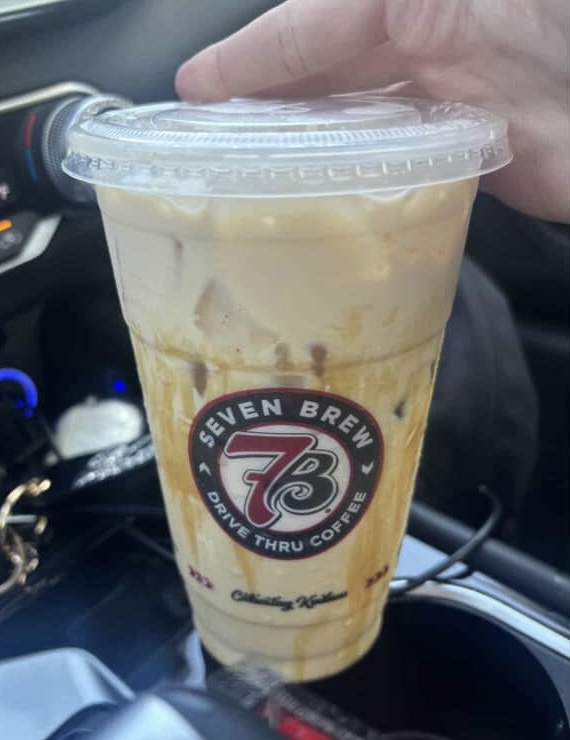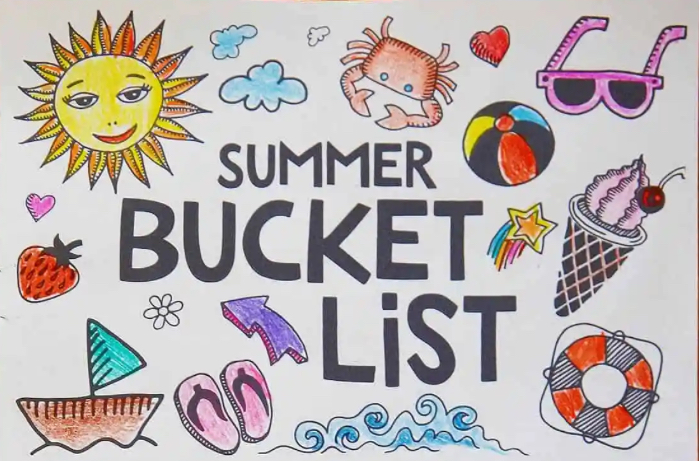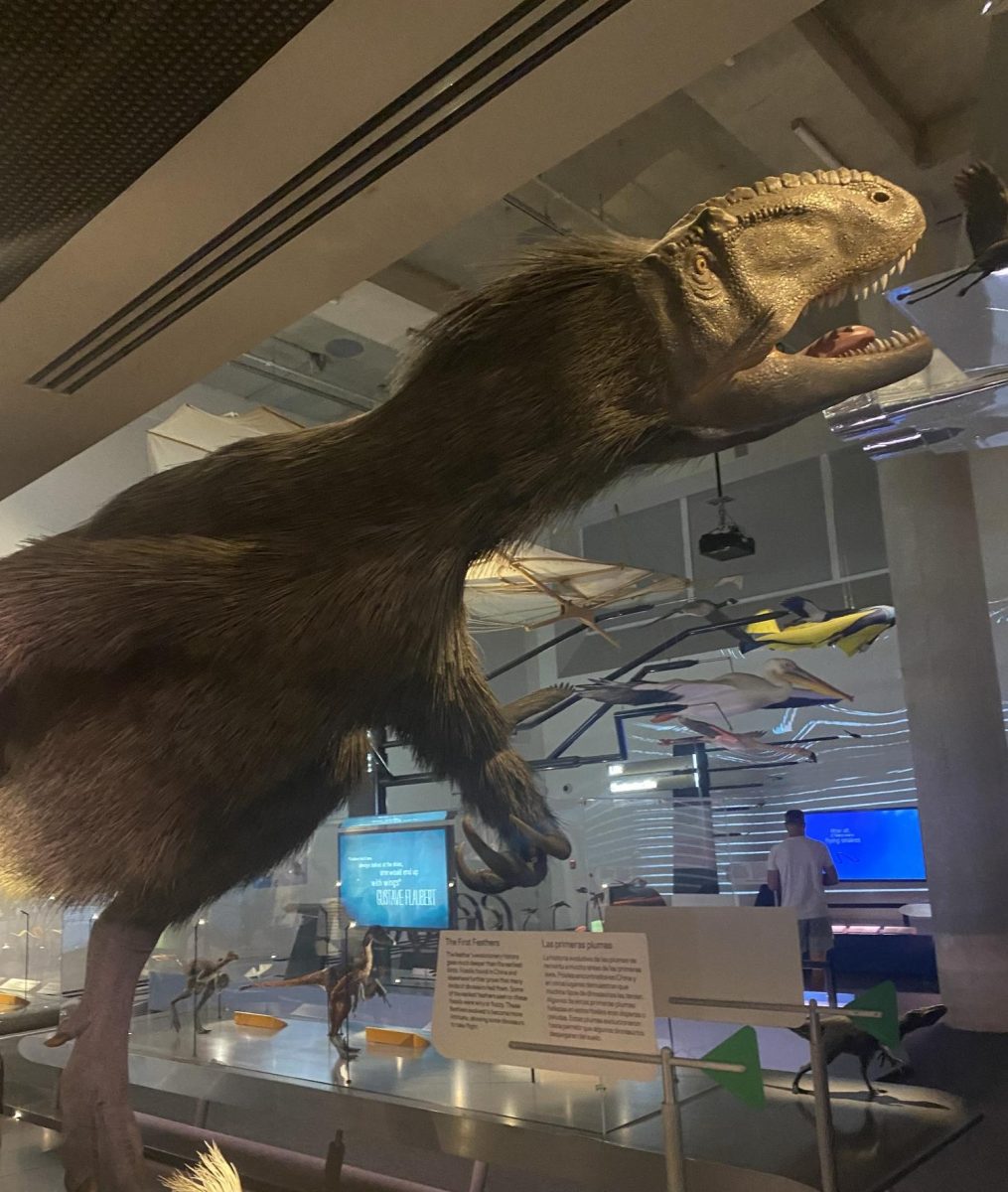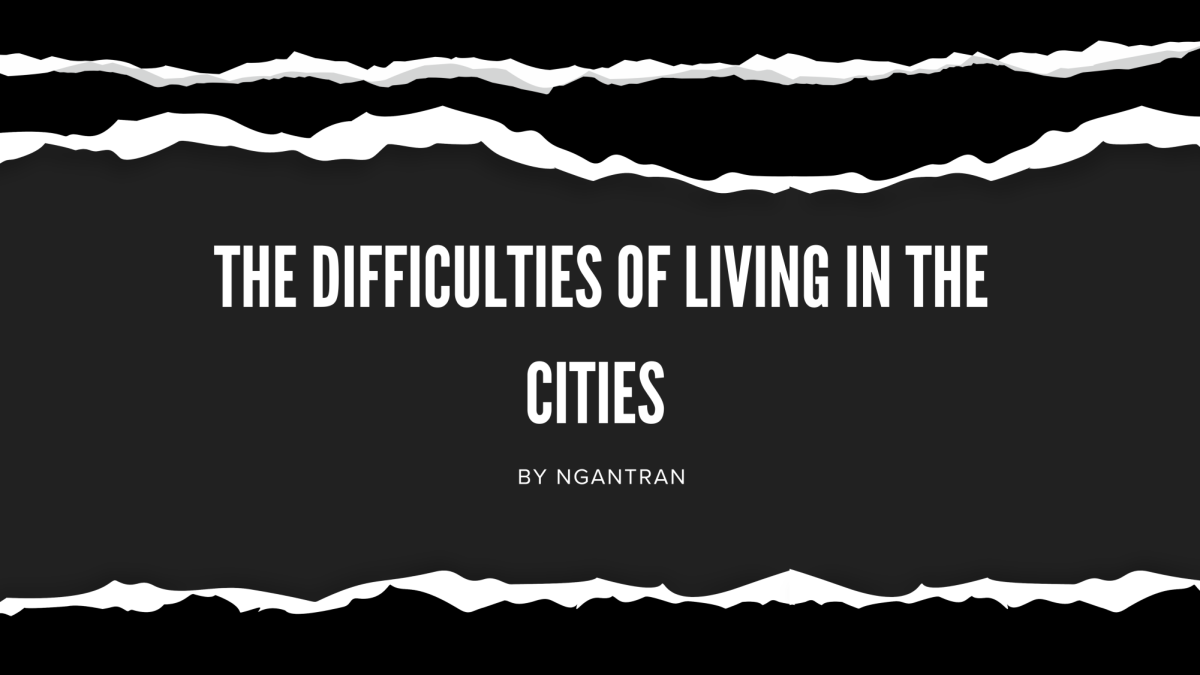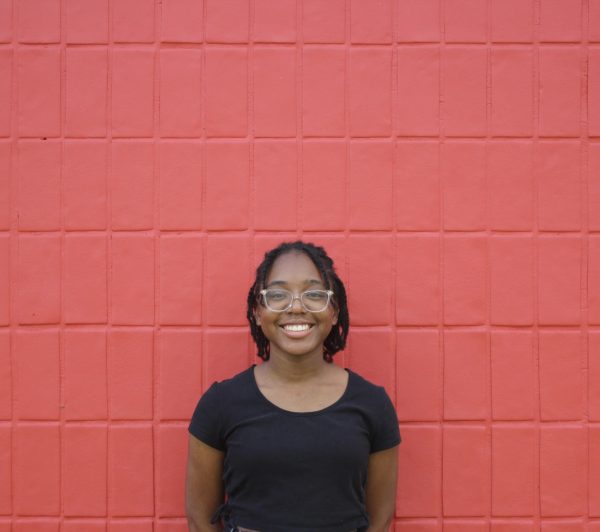Kid influencers, either independently or through family accounts, have been gaining immense popularity. Although this seems like a cool way to make money, there is a lack of protection for these kids on social media apps as there is for other entities in the entertainment industry, leaving them susceptible to exploitation and abuse. Due to the lack of restrictions, authoritative figures will use minors in various ways to gain attention to their accounts without fully consenting the child to their actions. It’s becoming such a huge problem that the National Center for Missing and Exploited Children reported and terminated 46,000 YouTube accounts in just one year as reported in NBC News.
There are unfortunately countless examples of exploitation of minors on social media. Recently, Ruby Franke, the mother of the 8 Passengers channel was arrested on the charge of child abuse. 8 Passengers was like any other family channel where they had multiple pranks and aired personal information about their kids for the sake of entertainment. This family has always faced allegations of their abuse but it wasn’t confirmed until the youngest son of the family escaped to a neighboring house being found with evidence of abuse, according to Global News. As the trial progresses, more evidence has been coming to light that Ruby has committed heinous actions towards her children.
Also, the Martin family aka, DaddyoFive faced similar problems. This family gained popularity through their pranks mainly targeted at their 9-year-old son, Cody, which caused a lot of emotional turmoil. Most of the videos are now deleted but several reuploaded clips show the parents verbally and physically abusing the kids. According to ABC News, Mike, the father, said that “it started off as family fun…but then it was just about making a video…crazier than the next.” He also acknowledged that they were motivated by views since it aided in the kids’ college funds and helped them move to a better house. They were allegedly staged; however, staged or not the parents were using the kids for content by humiliating them in various ways while causing psychological harm in the process.
Additionally, the article, “The Dark Side of YouTube Family Vlogging ” highlights the experience of a kid influencer with the alias, Allie, who started her YouTube channel when she was thirteen years old. It started as fun for her but she eventually became encouraged by her mother to monetize her account. Her mother insisted she dedicate more time to her YouTube channel so that she could provide for her family to the point where her parents could quit their jobs.
It is apparent that something must be done to protect these vulnerable kids from exploitation and abuse. We’ve seen the physical detriment of “kidfluencers” but haven’t been able to discover the long-term psychological effects on them which need to be prevented.
Currently, some solutions include channels getting deleted or demonetized once found guilty of exploitation; however, once videos are put online they are there forever. People can record and re-upload it to other places on the internet. So, it never really attacks the problem since the content is still visible. Also, demonetization is when a video doesn’t obtain money from advertising. However, that doesn’t stop companies from collaborating with these influencers through sponsorships that still benefit influencers financially.
Yet, according to the International Bar Association, France is the only country to have legislation on this issue. Their provisions include authorization from the government before a child, under 16, participates in videos online that coincide with labor relations and a “gray zone” where a child is spending time and gaining revenue from the content. It also includes partial compensation towards the parents but the rest will go into a savings account until a child reaches adulthood or legal emancipation to collect it.
Lastly, a “right to be forgotten” provision gives the child the right to have any content removed from any platform without parental consent. Consequences of not abiding by these provisions include a fine of 79,000 euros and 5 years imprisonment. This law is definitely a step in the right direction–and it isn’t the only one. More places are starting to recognize this problem and are creating solutions to combat it. As stated by Suffolk University Law School, Washington has a proposed law that “would offer financial protections and privacy rights” for child influencers.
This law must be implemented globally, especially in the US where “kidfluencers” are most prominent. In doing so, we can ensure that kids everywhere are protected from the rough nature of being in the spotlight.


